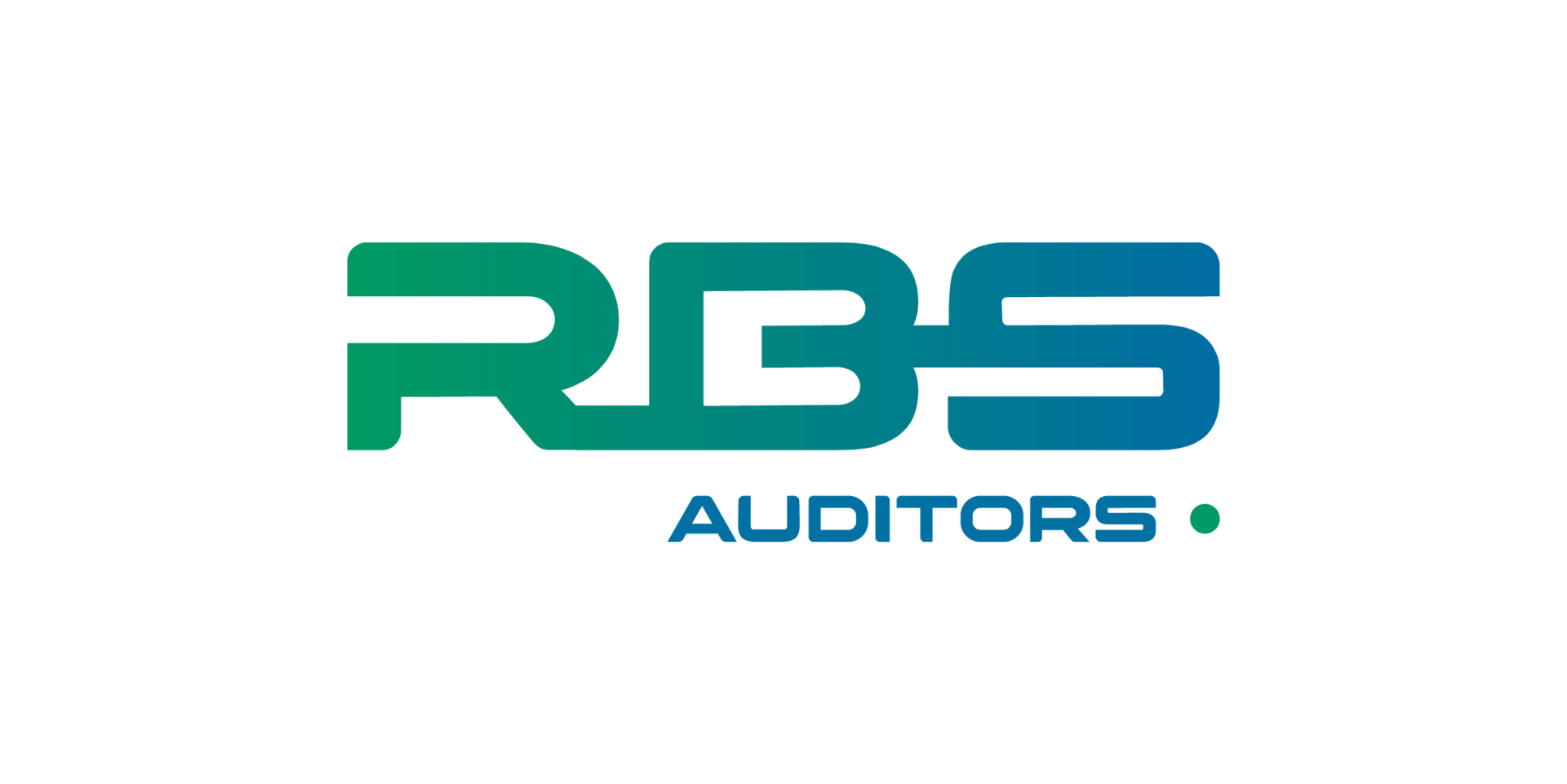
In the UAE, having a bank-approved auditor is essential for businesses seeking loans, credit facilities, or simply maintaining financial credibility. The right auditor ensures compliance with regulatory requirements and provides accurate financial statements, instilling confidence in your financial integrity. Choosing the right Bank Approved Auditor In UAE can be a daunting task, but with the right approach, you can find an auditor that meets your specific needs.

Introduction
Selecting a bank-approved auditor in the UAE is a critical decision for businesses of all sizes. Whether you are a startup seeking initial funding or an established enterprise looking to expand, the right auditor can make a significant difference in your financial management and regulatory compliance. This blog will guide you through the process of choosing the right bank-approved auditor for your needs.
Understanding the Role of a Bank Approved Auditor
A bank-approved auditor is a certified professional recognized by banks and financial institutions to conduct audits and prepare financial statements that meet specific regulatory standards. Their primary roles include:
- Ensuring Regulatory Compliance: They ensure that your financial statements comply with local and international accounting standards and regulations, which is crucial for securing bank loans and credit facilities.
- Providing Financial Accuracy: They offer accurate and reliable financial reporting, which is essential for making informed business decisions and maintaining financial transparency.
- Enhancing Credibility: Having your financial statements audited by a bank-approved auditor enhances your credibility with banks, investors, and other stakeholders, facilitating smoother financial transactions.
Key Factors to Consider When Choosing a Bank Approved Auditor
Selecting the right auditor involves evaluating several critical factors to ensure they meet your specific requirements:
- Professional Qualifications and Certifications: Ensure that the auditor has the necessary professional qualifications and certifications, such as being a Chartered Accountant (CA) or Certified Public Accountant (CPA). These credentials demonstrate their expertise and adherence to professional standards.
- Experience and Industry Knowledge: Look for auditors with extensive experience in your industry. They should understand the unique financial and regulatory challenges of your sector and have a proven track record of successful audits.
- Reputation and Client Reviews: Research the auditor’s reputation by reading client reviews and testimonials. A well-reputed auditor with positive feedback from clients is likely to provide reliable and high-quality services.
- Bank Approval Status: Verify that the auditor is approved by the banks you are dealing with. Banks usually have a list of approved auditors, and choosing one from this list ensures that your financial statements will be accepted without issues.
- Range of Services: Consider the range of services offered by the auditing firm. Besides standard auditing, they should provide other related services such as tax advisory, financial consulting, and risk management, which can add value to your business.
- Communication and Transparency: Effective communication is crucial for a smooth auditing process. Ensure that the auditor maintains transparency and keeps you informed throughout the auditing process.

Conclusion
Choosing the right bank-approved auditor in the UAE is crucial for ensuring regulatory compliance, financial accuracy, and business credibility. By considering factors such as qualifications, experience, reputation, and bank approval status, you can find an auditor that meets your specific needs. RBS Auditors offers the expertise, experience, and comprehensive services required to support your business’s financial health and growth. Contact us today to learn more about how we can assist with your auditing needs and help your business succeed.




